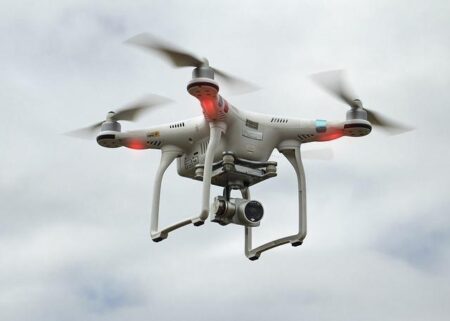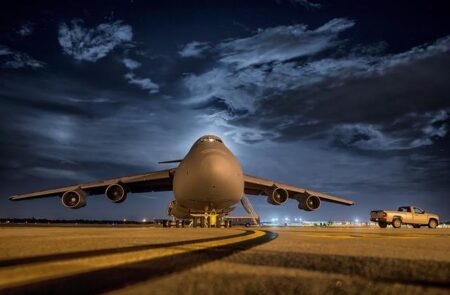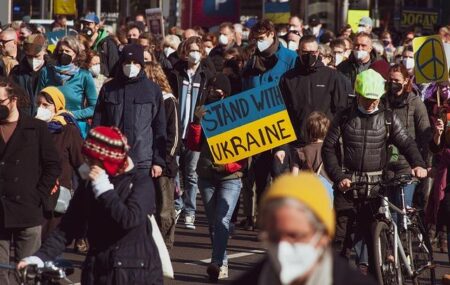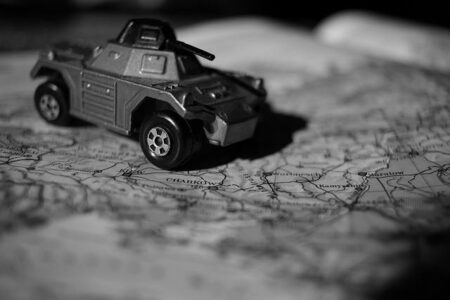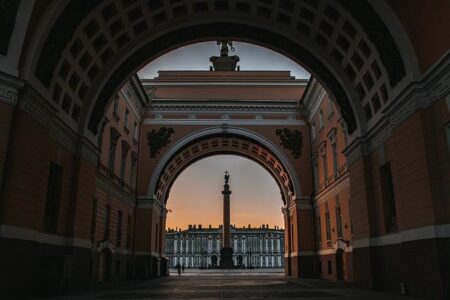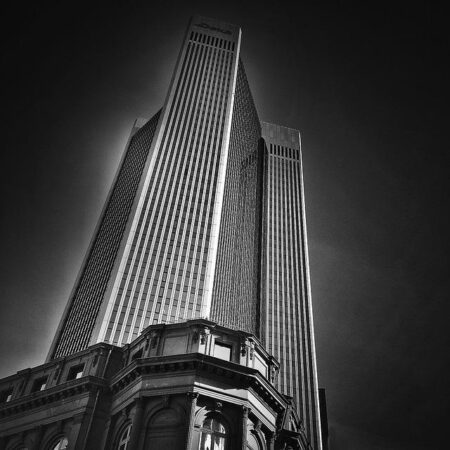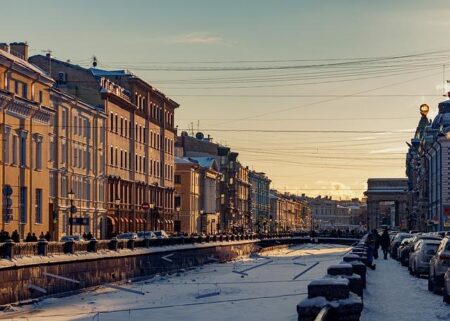Military chiefs convened in the UK to address strategies for enhancing protections for Ukraine amid ongoing conflict. The discussions focus on bolstering defense capabilities and ensuring regional stability in the face of heightened tensions.
Browsing: Defense
Drones targeting Russia’s energy infrastructure have raised alarms in Moscow, prompting calls for urgent countermeasures. The attacks pose significant threats to energy security, reflecting heightened tensions in the ongoing conflict.
Russia’s Engels airbase was reportedly set ablaze following a drone strike attributed to Ukrainian forces, according to Ukrainian officials. The attack, which underscores the ongoing conflict, raises concerns over escalating military tensions in the region.
On March 18, fresh incursions marked the ongoing Russia-Ukraine conflict, as both sides reported heightened military activity ahead of anticipated peace talks. The escalation underscores the fragile state of negotiations, raising concerns for regional stability.
Italy and Spain have expressed reservations about the European Union’s proposal to enhance military support for Ukraine. Their hesitance underscores internal divisions within the bloc as it navigates its strategic response to the ongoing conflict.
In a recent address, PM Pedro Sánchez emphasized Spain’s responsibility to support nations threatened by Russian aggression. He called for increased solidarity within the European Union, urging member states to bolster diplomatic and military assistance to ensure regional stability.
Ukrainian President Volodymyr Zelenskyy has appointed a new chief of the general staff of the armed forces amid ongoing tensions in the region. This strategic move underscores Kyiv’s commitment to bolstering military leadership as the war continues.
Polish President Andrzej Duda emphasized that the presence of US nuclear weapons in Poland would serve as a vital deterrent against potential aggression from Russia. This statement underscores Poland’s growing security concerns amid escalating regional tensions.
Iran, China, and Russia have commenced annual joint naval drills in a show of unity amid shifting global alliances. These exercises come as former President Trump’s policies continue to challenge traditional Western partnerships, raising geopolitical concerns.
In a renewed escalation of the ongoing conflict, Russian President Vladimir Putin has directed the military to forcefully remove the last Ukrainian troops from Russian territory. This move signals a significant intensification of hostilities in the region.
Italy’s escalating bond market tensions are shaping Prime Minister Giorgia Meloni’s strategies across various sectors, from defense to banking. As yields rise, Meloni confronts a delicate balancing act between fiscal responsibility and political stability.
In a surprising development, Russia has deployed horses to the front lines in Ukraine, showcasing a blend of traditional military tactics and modern warfare. This move highlights the diverse strategies employed in the ongoing conflict as both sides adapt to changing dynamics.
France’s nuclear capabilities serve as a strategic deterrent not only for itself but potentially for its European allies. However, the question remains: can its neighbors effectively integrate under this nuclear umbrella while navigating their own security concerns?
France has commenced the handover of military bases in Senegal, marking a significant shift in defense relations. This transfer is part of a broader strategy to enhance local security and strengthen bilateral ties between the two nations.
Deutsche Bank is set to assist Italy’s defense giant Leonardo in ongoing negotiations with Airbus and Thales. The anticipated talks, which could reshape partnerships in the aerospace sector, highlight Leonardo’s ambitions for growth in a competitive market.
France and Germany are embroiled in a dispute over the “buy EU” initiative aimed at increasing defense spending and military cooperation within the bloc. Tensions rise as each nation advocates for its own armament industries, complicating collective security efforts.
French President Emmanuel Macron reaffirmed France’s commitment to NATO, calling it a “loyal ally,” amid renewed skepticism from former President Donald Trump about the alliance’s unity. Macron emphasized the importance of collaboration in facing global challenges.
Russia has initiated a significant aerial assault on Ukraine just days after the United States halted military aid. This escalation raises concerns over regional stability and highlights the ongoing tensions in Eastern Europe amid geopolitical shifts.
Emmanuel Macron is navigating a significant diplomatic comeback as he shifts focus from France’s domestic challenges to revitalizing Europe’s defense strategy. His efforts aim to strengthen regional security amid rising global tensions and ongoing geopolitical shifts.
In a recent statement reported by Bloomberg, U.S. official Bessent emphasized that the Biden administration will not hesitate to impose sanctions on Russia and Iran. The commitment underscores ongoing efforts to address aggressive behaviors from both nations.


